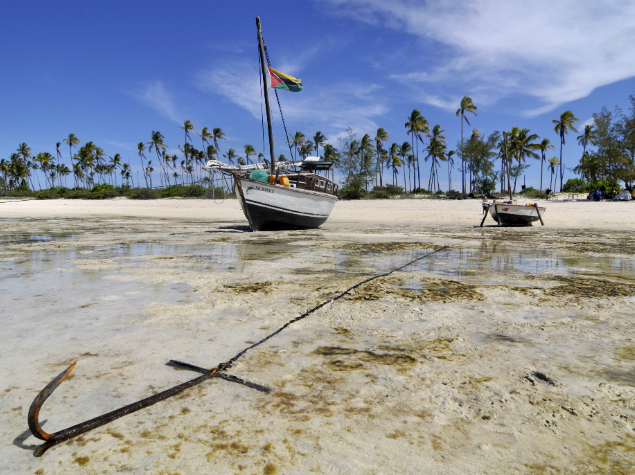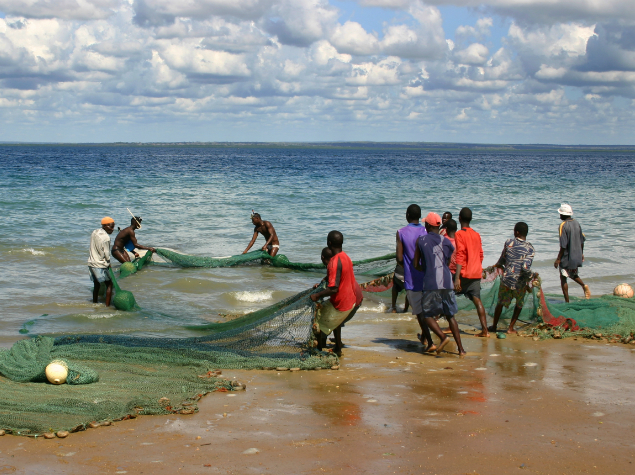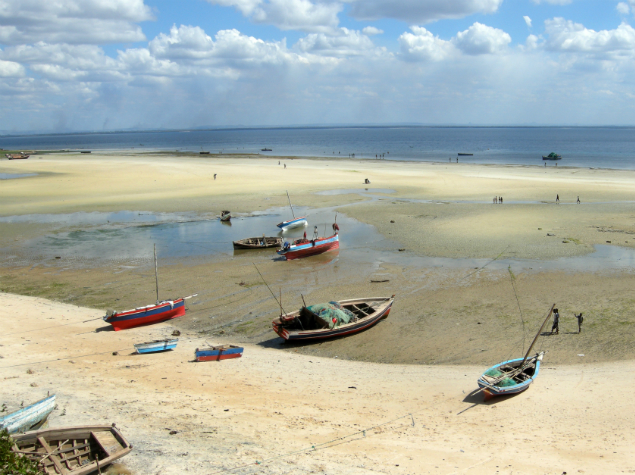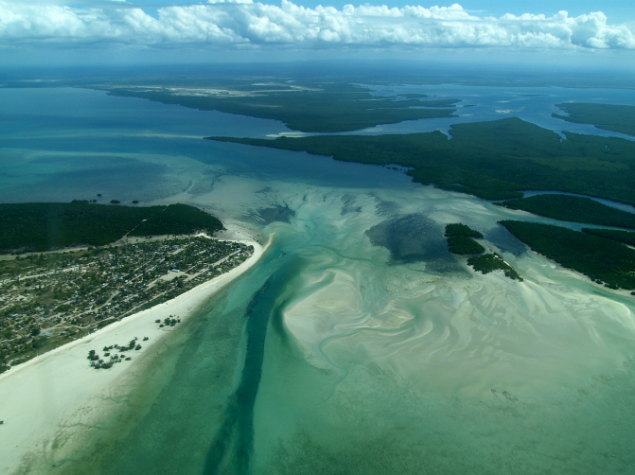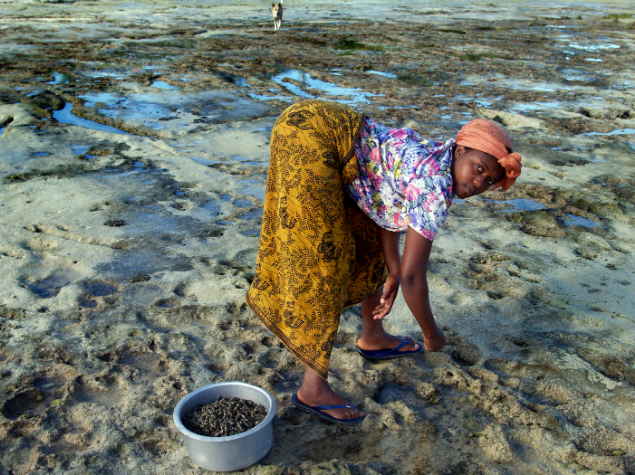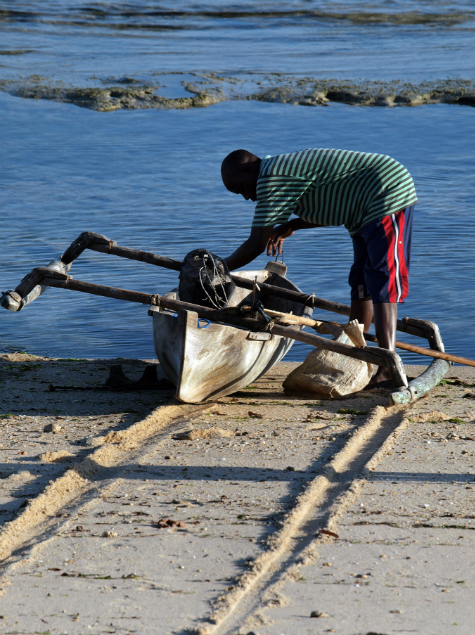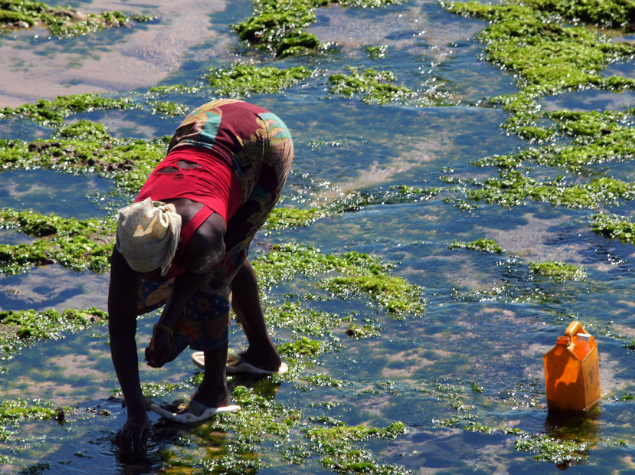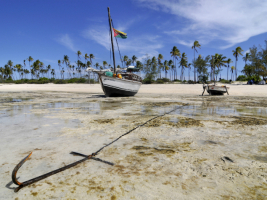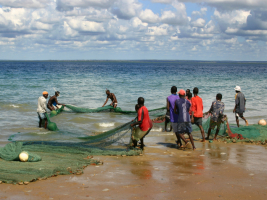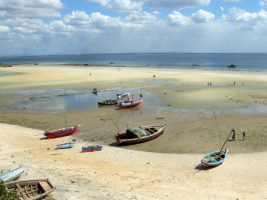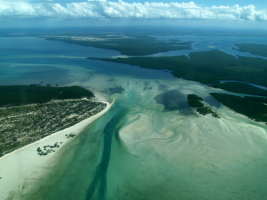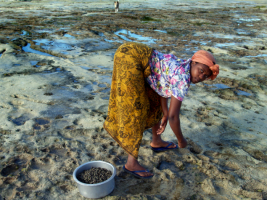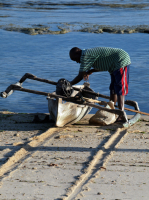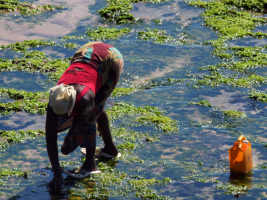Natural resources conservation and economic development for fisheries coastal communities of the Quirimbas National Park
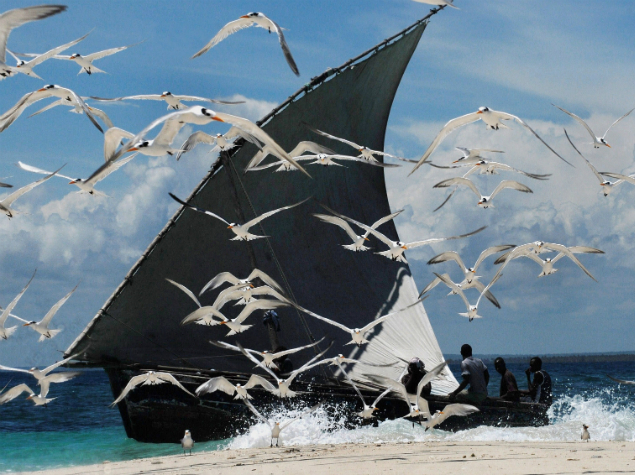
The Quirimbas National Park is one of Mozambique’s national parks. Created in 2002, it is situated in the north of the country and it has a total area of 7,500 km2, 80% of which is terrestrial while the remaining 20% constitutes the marine area. The Quirimbas’ Archipelago is a chain of 28 islands, about 400 km long from Pemba city in the South to Palma city in the North. This region has always been recognized as an area of beautiful landscapes, enormous biodiversity of worldwide value and also an important historical asset. The human settlements occupy 0.18% of the Park area and are scattered in various districts. The total inhabitants living inside the Park area are approximately 165,000 people and their livelihoods mostly depend upon the natural resources around them. Almost all the population in the area of the Park lives in extremely poor conditions and is highly dependent on the exploitation of natural resources. The main livelihood of coastal communities comes from fisheries.
In the last decades the human impact over the natural resources has become increasingly devastating, affecting biodiversity conservation and jeopardizing local communities’ well-being. The case is representative of traditional and ecologically sound fishing practices which, in order to fulfill the growing internal demand, have now been replaced with unsustainable techniques, such as the use of dynamite and the non-respect of the biological reproduction cycle of the marine species. These habits have caused in recent years a relevant loss of productivity (approximately 50% less than in past years) and a serious threat for the species living in the area, with negative repercussions over the natural ecosystem sustainability and eventually over the local communities’ food security.
In this context, PHARO project, led by Istituto Oikos in partnership with the Quirimbas National Park (QNP), aims at promoting a sustainable use of the coastal and marine resources towards communities, improve business and tourist activities, but also improve communities food security and climate change adaptation.
These actions will aim more precisely 17 villages on Matemo, Ibo and Quirimbas islands, as well as on the Mussemuco coastal area and will be mostly implemented through the 6 community fisheries councils covering this zone.
The project will achieve its objectives through the integration of three components:
- Improve the management of PNQ coastal and marine natural resources: The management of the natural resources of PNQ will be improved thanks to the provision of reliable scientific and socio-economic data, and to the development of park staff skills in natural resource monitoring and protection, data analysis and planning. The information collected will also be useful for producing reliable and detailed information and education material to increase the awareness of the general public and the local communities on the benefits and the requirements of protecting the park’s resources.
- Improve local populations food security, and reduce their vulnerability to climate change effects: The livelihood of the local population will be improved in 6 communities thanks to better management of costal and marine resources. This will take place as a result of the strengthening of target CCPs (including a fair and gender-sensitive approach) and the implementation of an educational campaign in 9 schools. A social campaign will enhance the impact of this activity.
- Improve and diversify the local economy: The local economy of fishery-dependent communities, and particularly of women, will be improved and diversified through the support and strengthening of local economic initiatives linked to the tourism sector – for example, handcraft, food processing, tourist guiding, snorkelling, whale and dolphin watching. Financial incentives, will be made available by the project. The construction/rehabilitation of tourist structures will increased the employability of local community members and generated additional local economic opportunities thanks to the increased number of tourists.
The project will develop a participative approach, involving beneficiaries in all the stages of the action. Particular attention will be given to the empowerment of women within the society.
This project will affect:
- Directly about 2.300 fishermen living in the target communities
- Indirectly about 100.000 people living on the PNQ coastal area

